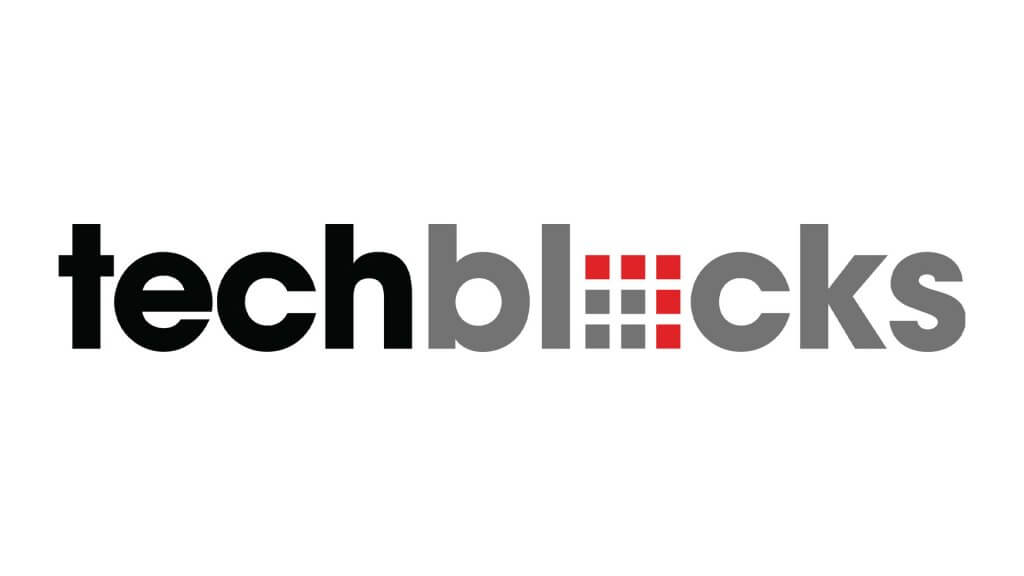
In today’s interconnected world, communication plays a pivotal role in the success of businesses, both big and small. Traditional phone systems are gradually being overshadowed by the rise of cloud-based phone systems such as Voice over Internet Protocol (VoIP) which can offer a lot of advantages. Keep reading as we delve into the pros and cons of cloud-based phone systems, helping you make an informed decision about whether it’s the right choice for your organisation.
What Are the Advantages of Cloud-Based Phone Systems?
Cloud-based phone systems and VoIP phone systems offer numerous benefits for both individuals and businesses alike and are a great alternative to more traditional telecommunication systems.
Cost-Effectiveness
Cloud-based phone systems eliminate the need for expensive hardware and maintenance, making them more affordable for businesses. With a pay-as-you-go model, you can scale your phone system easily, paying only for the features and services you need. Additionally, you can save on long-distance and international call charges, as cloud-based systems often include competitive rates or even free calls within their packages.
Flexibility & Scalability
One of the key advantages of cloud-based phone systems is their flexibility. These systems enable employees to access their business phone lines from any location with an internet connection empowering remote work and enhancing productivity. Scaling your phone system up or down also becomes hassle-free with cloud-based phone systems, allowing your organisation to adapt to changing needs without incurring substantial costs.
Advanced Features and Integration
Cloud-based phone systems offer a plethora of advanced features that enhance communication efficiency. These include call routing, voicemail-to-email transcription, call analytics, call recording, auto-attendants, and more. Integration with other cloud-based tools such as customer relationship management (CRM) software or project management platforms further streamlines workflows and provides a seamless user experience.
Much like other well-adopted software and communication solutions, like HR software and payroll software, VoIP and cloud based phone systems can be very easily implemented and thus, integrated in your business.
Reliability and Disaster Recovery
Cloud-based phone systems operate on redundant servers and data centres, minimising the risk of downtime. In the event of a local power outage or natural disaster, calls can automatically be routed to alternative devices or locations, ensuring uninterrupted communication. Cloud-based systems also provide robust data backup and recovery mechanisms, safeguarding your valuable call data.
What Are the Disadvantages of Cloud-Based Phone Systems?
Like any technology, cloud-based phone systems are not perfect and do have a few drawbacks. While there are plenty of pros, it’s also important to be aware of any disadvantages as you navigate the switch from legacy landline phones.
Internet Dependence
Cloud-based phone systems heavily rely on a stable and reliable internet connection. If your internet service encounters disruptions or experiences slow speeds, it may adversely affect call quality, resulting in dropped calls or poor audio. It’s crucial to ensure that you have a robust infrastructure to support the demands of your cloud-based phone system.
Security and Privacy Concerns
While cloud-based phone systems offer various security measures, including encryption and access controls, there may still be concerns regarding data privacy. Storing sensitive call data on external servers raises potential risks, and organisations need to thoroughly vet cloud service providers to ensure they meet stringent security standards. For example, a company offering fertility treatment, will need to secure the data of their patients and to ensure potentially sensitive data is not accessible.
Regularly updating security protocols and conducting employee training on data protection is vital for maintaining the integrity of your phone system.
Limited Control
When you rely on a cloud-based phone system, you are entrusting the management and maintenance of your phone infrastructure to a third-party provider. This lack of control can sometimes lead to delays in resolving technical issues or making system changes according to your specific requirements. It’s essential to choose a reputable provider that offers responsive customer support to mitigate potential frustrations.
Bandwidth and Capacity Constraints
Cloud-based phone systems consume bandwidth, especially during concurrent calls, which can affect other internet-dependent applications. Organisations with limited internet bandwidth may experience call quality degradation or delays. Additionally, if you have a large number of users and extensive call volumes, the capacity of the cloud-based system must be able to handle the load without compromising performance.





















